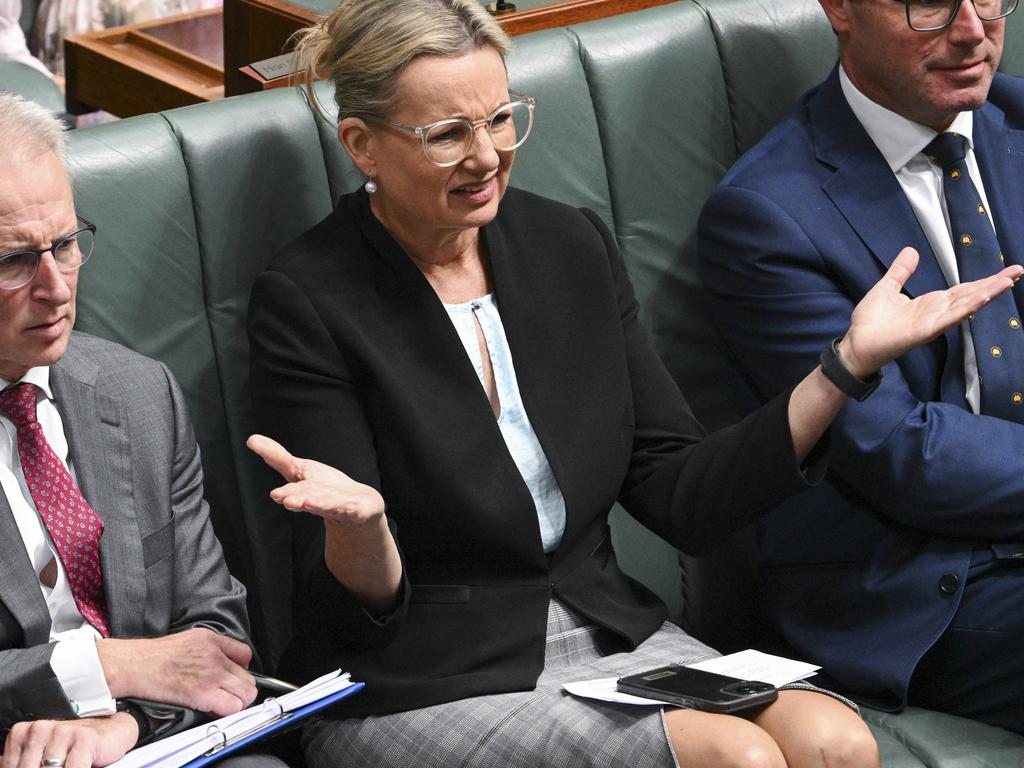Mandatory gender targets for large employers could be ’unattainable’
The Albanese government is under pressure from labour unions to capture more businesses under new laws that would force companies with more than 500 employees to set gender equality targets.

The Albanese government is under pressure from labour unions to capture more businesses under new laws that would force companies with more than 500 employees to set gender equality targets.
The bill has also sparked concerns that any hard, numeric targets could be “unattainable” in industries with small shares of women being trained, like the construction sector.
The government has a bill before the lower house which would require employers with 500 or more employees to report on gender equality targets and “at a minimum improve on” those measures.
The bill would be the “first of its kind globally”, the explanatory memorandum reads.
“Australia would pioneer the path to accelerate gender equality through a targets scheme that seeks to motivate action and embed systemic cultural change in large employers,” it states.
Master Electricians Australia warned that targets “must account for the limited pool of skilled female apprentices and employees available to the construction industry”.
“Without addressing this fundamental issue of low female apprentice attraction rates, numeric targets risk becoming unattainable as employers compete for candidates within the same constrained pool,” its submission reads.
“Larger contractors with reporting obligations are able to offer higher wages to attract female workers from smaller businesses, leaving those small businesses facing high staff turnover rates which is disruptive and costly.”
On the other hand, the Australian Council of Trade Unions, the peak body for unions, said the bill would only cover “a bit over one in four employees” and recommended the law should instead apply to businesses with 100 or more employees, or “closer to one in two” employees.
Furthermore, the ACTU submission said the government should “put in place a system of civil penalties for noncompliance” and lock out non-compliant employers from federal government grants and procurement.
The Business Council of Australia was more cautious. It said it supported the “intent of the bill” but reserved judgment until it could see the regulations to be made under the proposed legislation.
“Doing so will ensure that affected companies and interested parties, including parliamentarians, have full information about the proposal before it is voted on in parliament,” its submission reads.







To join the conversation, please log in. Don't have an account? Register
Join the conversation, you are commenting as Logout